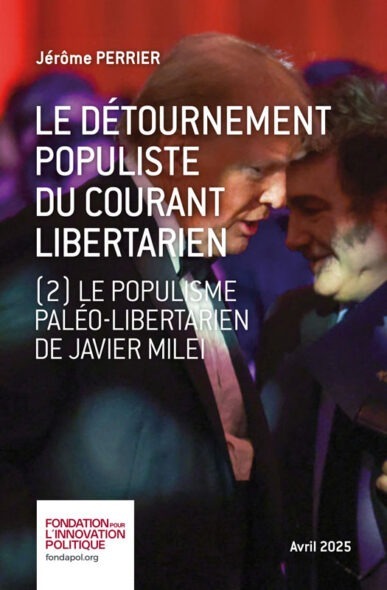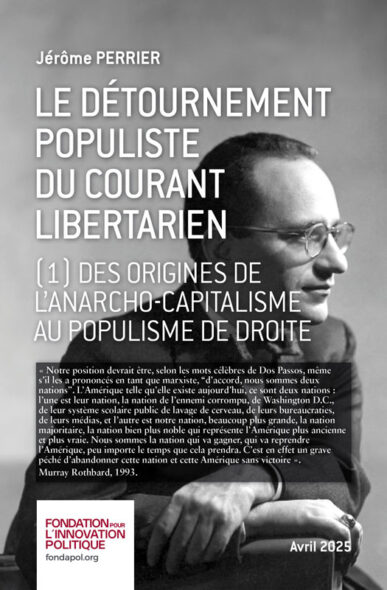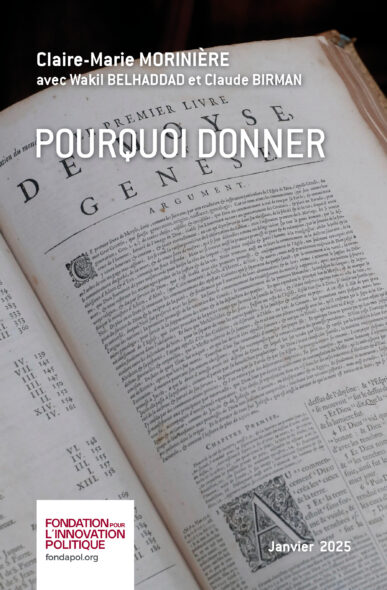How UKIP really hurts the Conservatives
Alex Crowley | 01 septembre 2014
Just when David Cameron thought his party had put their differences aside and focused their energy on beating Labour, one of his MPs defects to UKIP.
Many of you will never have heard of Douglas Carswell, but his decision to stand down as an MP and fight a by-election under the UKIP banner threatens to stall the Conservatives’ recent progress.
But whilst defections are terribly exciting for the media, what impact do they really have? And what will this one have on British politics?
Obviously, in the short term, the Conservatives will have one less MP. Day to day, this will make little difference and the Government will carry on as before.
There have, however, been mutterings that other Conservative MPs are ready to defect. Whether this is true or not, when someone actually takes the plunge, it gives confidence to those thinking of doing the same thing. If Mr Carswell wins his by-election, Tory MPs fearing a successful UKIP challenge in their own seats are more likely to consider following him.
However, talk of a ‘wave’ of defections seems over-blown. Look at any defection over the last few Parliaments – they have always been described as the ‘first of many’, and rarely has that actually happened. Usually, they happen for a mixture of personal and professional circumstances unique to the individual. Given the individuals involved are often headstrong and independent, it is hard to believe they will succumb to a herd mentality.
This particular defection simply won’t matter in a year’s time, when the main battle will be between the Conservatives and Labour. But the messy by-election to come will likely demonstrate the subtler – and ultimately more corrosive – ways UKIP hurts the Conservatives.
UKIP take three valuable things from the Conservatives: airtime, money and volunteers. Every time UKIP get a big media hit, the Conservatives get drawn into a debate about something that matters little to voters (Europe) and stop talking about something that matters a lot to voters (the economy). That is annoying, but not terminal.
The loss of donors is more damaging. The Conservatives don’t have the guaranteed income from trade unions and taxpayers that Labour enjoy. They rely entirely on the support of private individuals. The better UKIP perform, the more donors they poach, making it harder for the Conservatives to raise money.
The loss of volunteers really hurts. In this case, it is not just Mr Carswell defecting. He will probably take many local activists with him, making it harder for the party to win back his seat. We will have the sorry sight of former and current Conservatives agonising over whether to campaign against each other, dampening morale.
Forget the media hype: electoral politics is about volunteers knocking on doors and stuffing envelopes. Until we develop a system where parties are free to spend vastly more than they do and can outsource these tasks, this is how it will remain.
When an MP defects it gets headlines. What goes unnoticed is the slow and steady bleed of volunteers, similarly disenchanted and drawn towards UKIP. Not all will be in safe seats. They start by gradually withdrawing from their local Conservative associations, weakening the party’s ability to fight elections. One day – encouraged by its success – they lose touch altogether and join UKIP. The end result? A depleted Conservative army, unable to fight Labour in every target seat they need to win in 2015.
It’s not the big defection that matters. The stream of little defections is the real price the Conservatives pay for UKIP success.












Aucun commentaire.